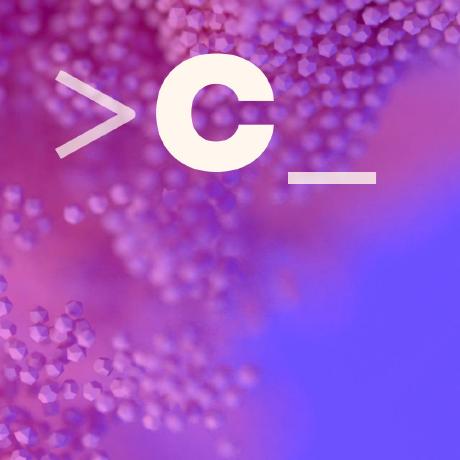Discover and explore top open-source AI tools and projects—updated daily.
agent-sdk-go by  Ingenimax
Ingenimax
Go framework for building production-ready AI agents
Top 60.7% on SourcePulse
Summary
Ingenimax/agent-sdk-go is a Go framework designed for building production-ready AI agents. It offers seamless integration of multi-LLM support, advanced memory management, a modular tool ecosystem, and enterprise-grade features, enabling developers to create flexible and extensible AI applications.
How It Works
The SDK employs a modular architecture, coordinating an Agent core with LLM interfaces (OpenAI, Anthropic, Google Vertex AI, Ollama, vLLM), persistent memory solutions, and a plug-and-play tool ecosystem. It supports the Model Context Protocol (MCP) for integrating external services and features declarative YAML configuration for defining agents and tasks. A key differentiator is its zero-effort bootstrapping and auto-configuration capabilities, allowing agent profiles and tasks to be generated from simple system prompts.
Quick Start & Requirements
- Prerequisites: Go 1.23+ is required. Redis is optional but recommended for distributed memory.
- Installation: As a Go library:
go get github.com/Ingenimax/agent-sdk-go. As a CLI tool: clone the repository and runmake build-clior./scripts/install-cli.sh. - CLI Setup: Initialize with
./bin/agent-cli init, configure API keys via.envfile or environment variables, then run commands like./bin/agent-cli run "..."or./bin/agent-cli chat. - Configuration: Primarily managed via environment variables (e.g.,
OPENAI_API_KEY,REDIS_ADDRESS).
Highlighted Details
- Multi-LLM Support: Integrates with OpenAI, Anthropic, Google Vertex AI, Ollama, and vLLM, supporting local model execution.
- Advanced Memory: Offers persistent conversation tracking with buffer and vector-based retrieval options.
- Enterprise Features: Includes built-in guardrails, comprehensive observability (tracing, logging), and multi-tenancy support.
- Declarative Configuration: Agents and tasks can be defined using intuitive YAML files, with support for auto-generating these configurations from system prompts.
- Structured Output: Enables defining JSON schemas in YAML for direct unmarshalling into Go structs.
- MCP Integration: Supports Model Context Protocol servers via HTTP and stdio for extending agent capabilities with external services.
Maintenance & Community
The project is hosted on GitHub at https://github.com/Ingenimax/agent-sdk-go. Specific details regarding active contributors, community channels (like Discord/Slack), or a public roadmap were not explicitly detailed in the provided README content.
Licensing & Compatibility
The project is released under the permissive MIT License. This license allows for broad compatibility, including commercial use and integration into closed-source applications without significant restrictions.
Limitations & Caveats
The requirement for Go 1.23+ may limit adoption on older development environments. While Redis is optional, its absence might impact performance for distributed memory scenarios. Integration with certain MCP servers may necessitate specific external dependencies or Docker setups.
4 days ago
Inactive

 charmbracelet
charmbracelet CharlesQ9
CharlesQ9 agentjido
agentjido Holmeswww
Holmeswww strands-agents
strands-agents go-kratos
go-kratos victordibia
victordibia FareedKhan-dev
FareedKhan-dev NVIDIA
NVIDIA langchain-ai
langchain-ai TransformerOptimus
TransformerOptimus coleam00
coleam00